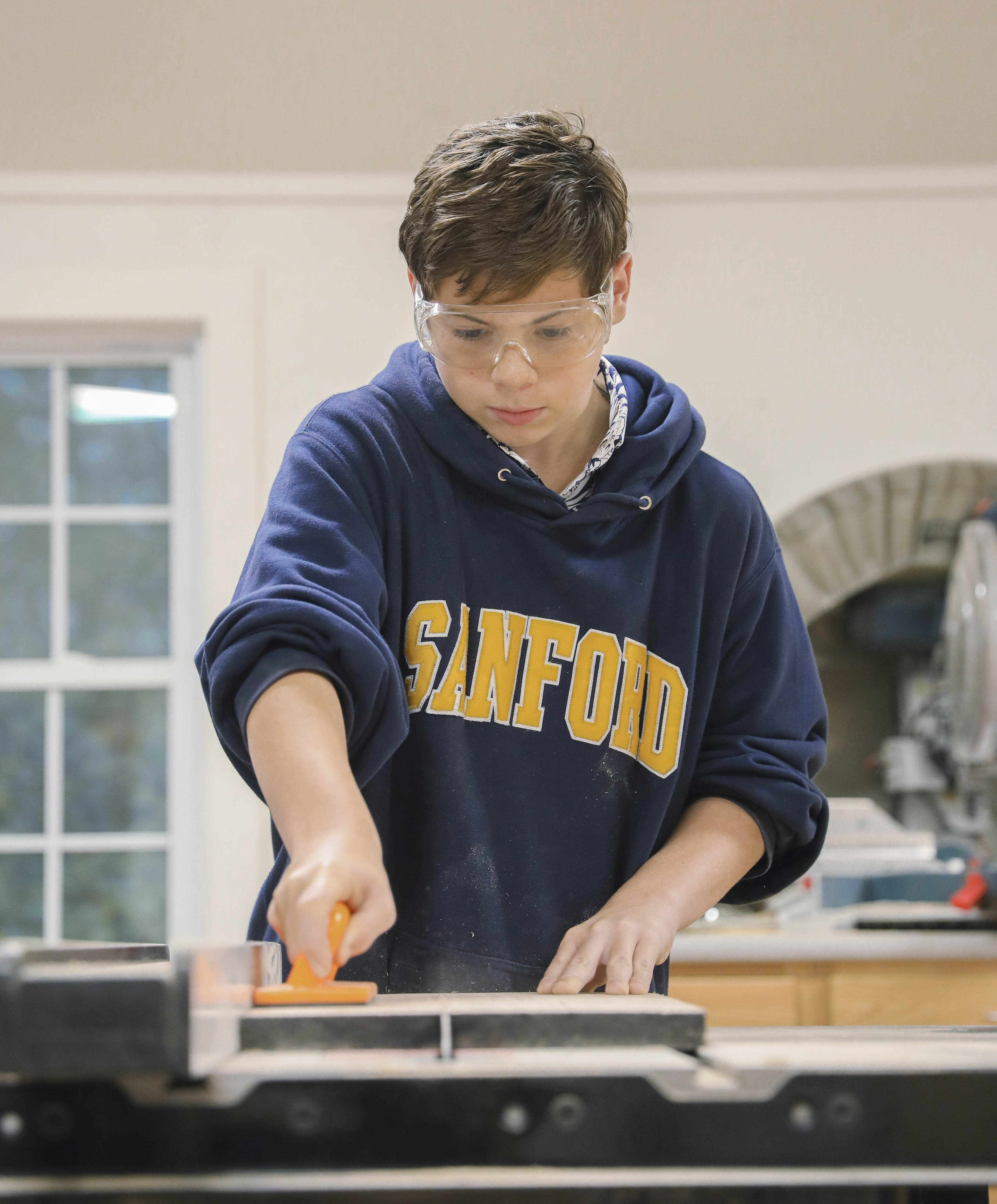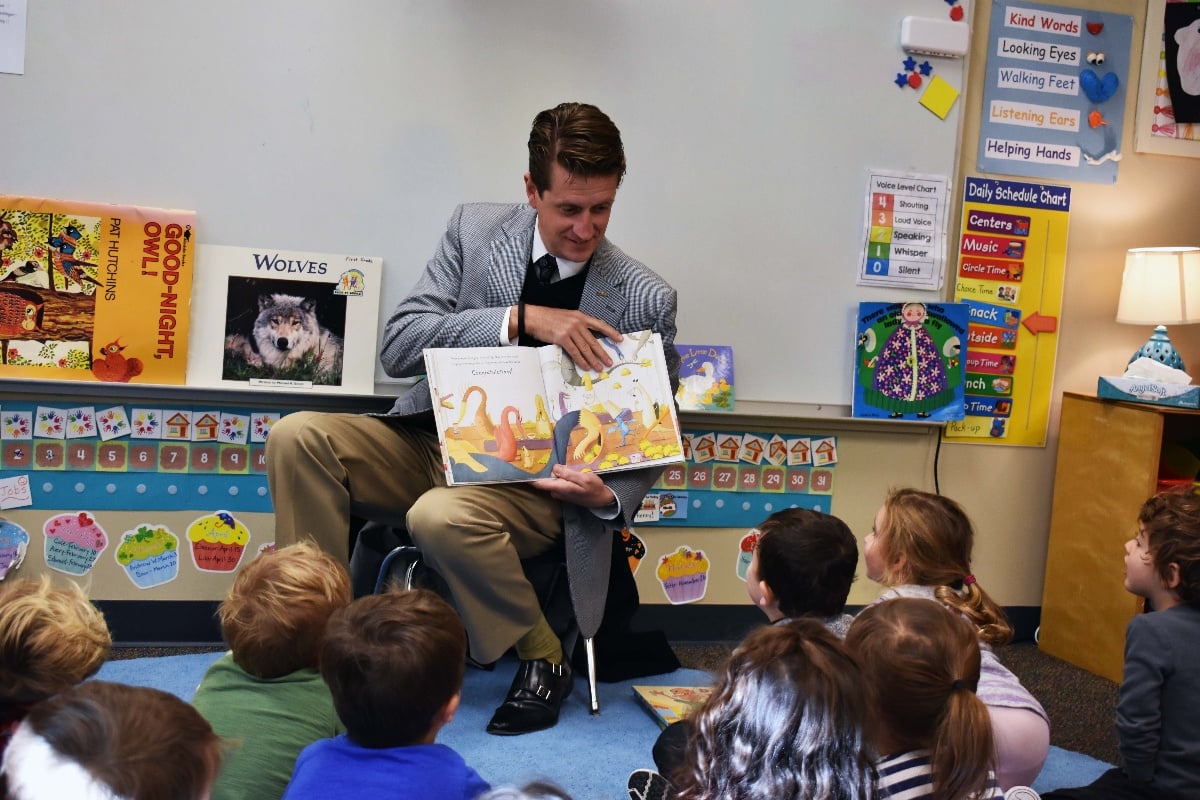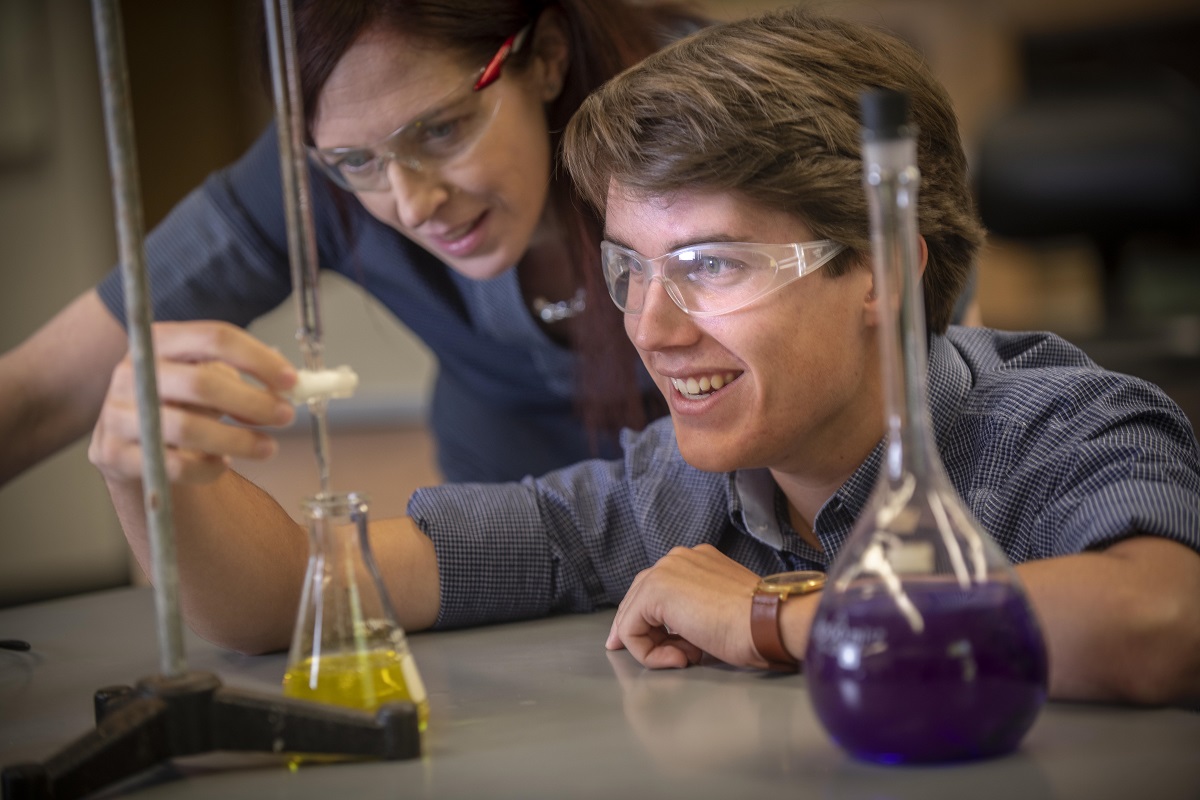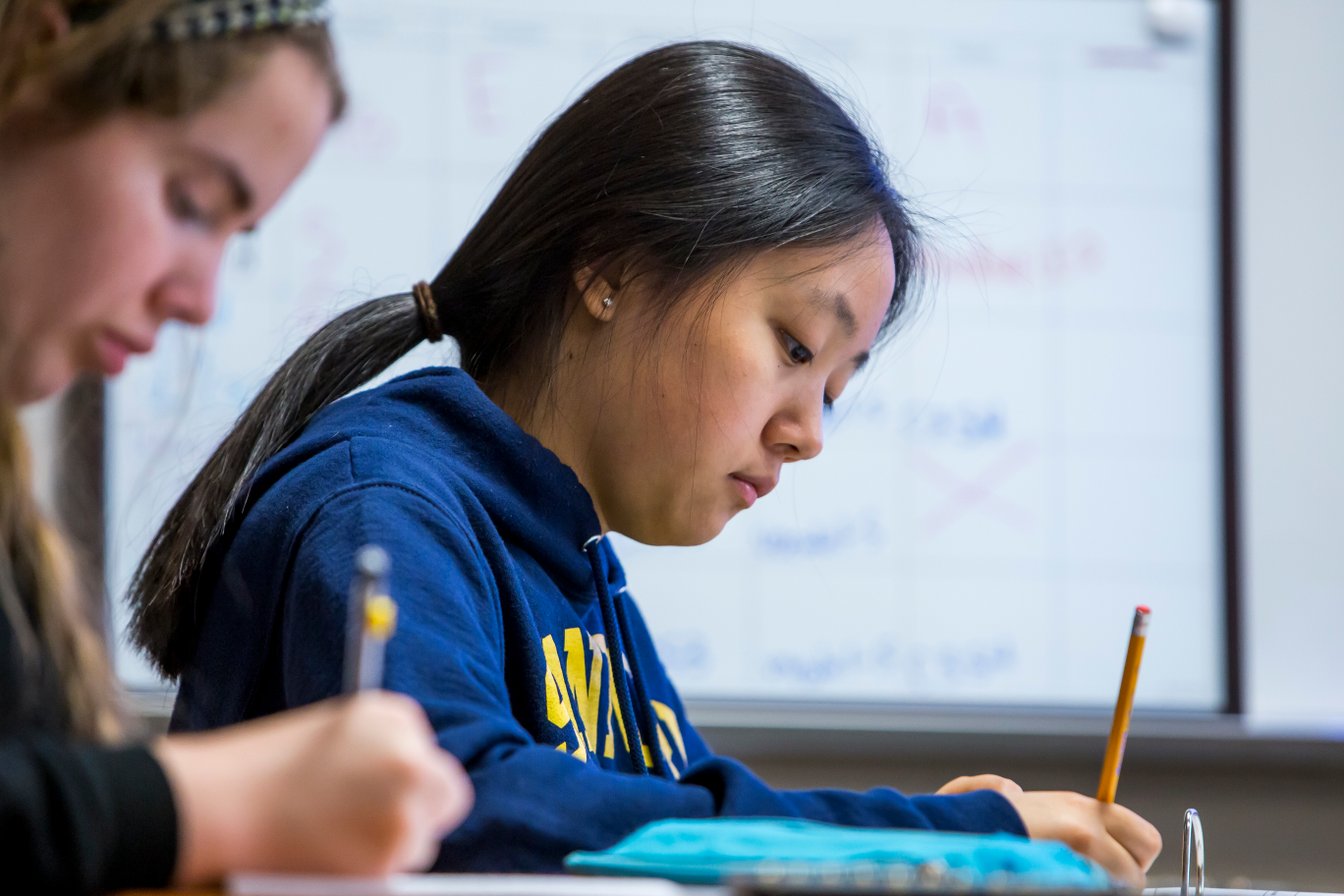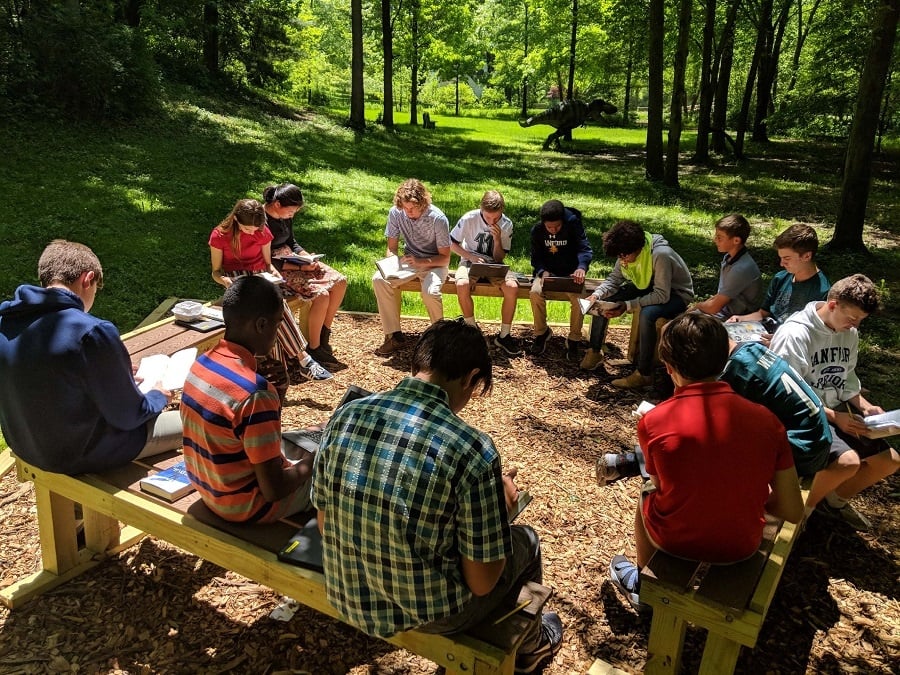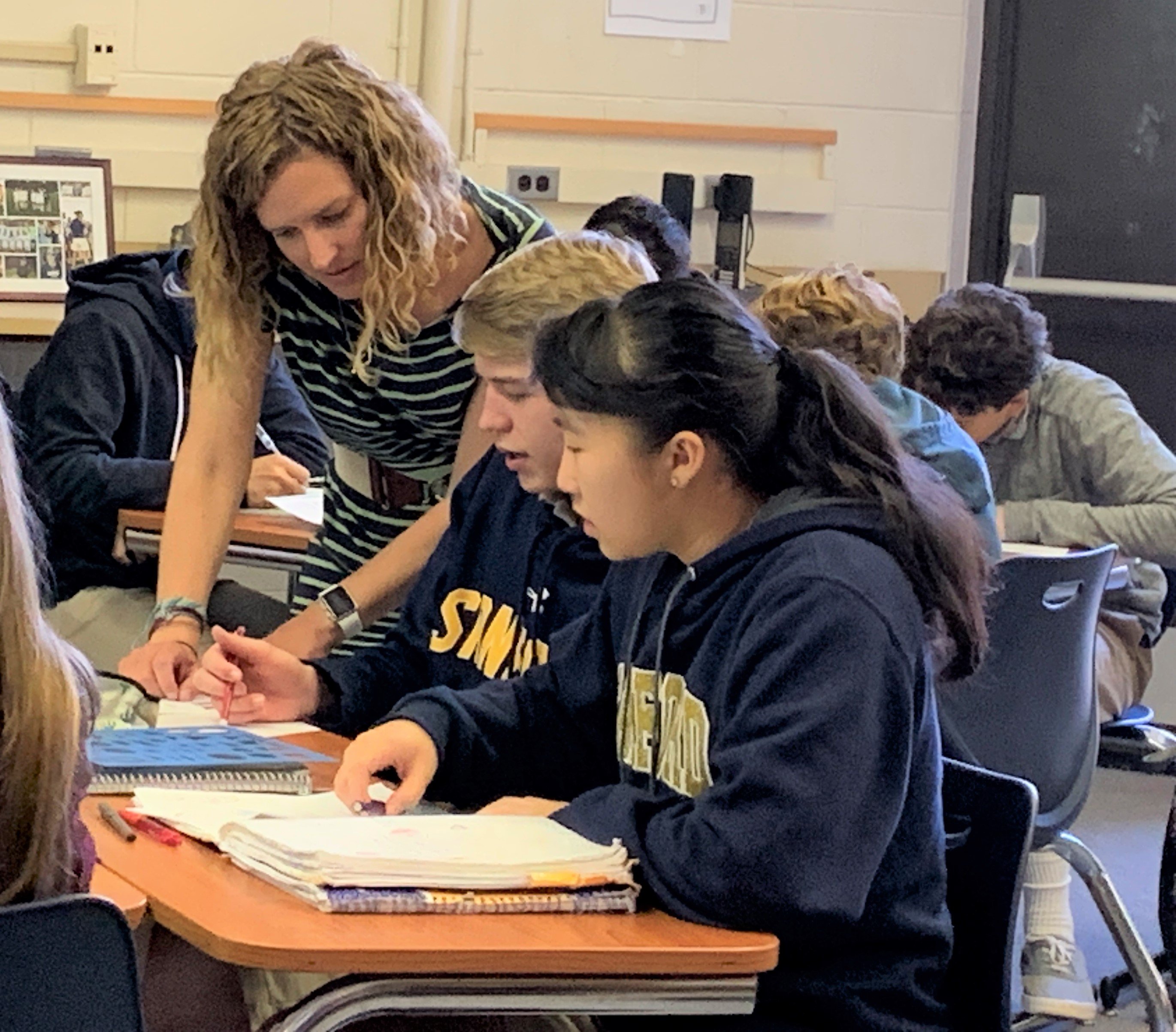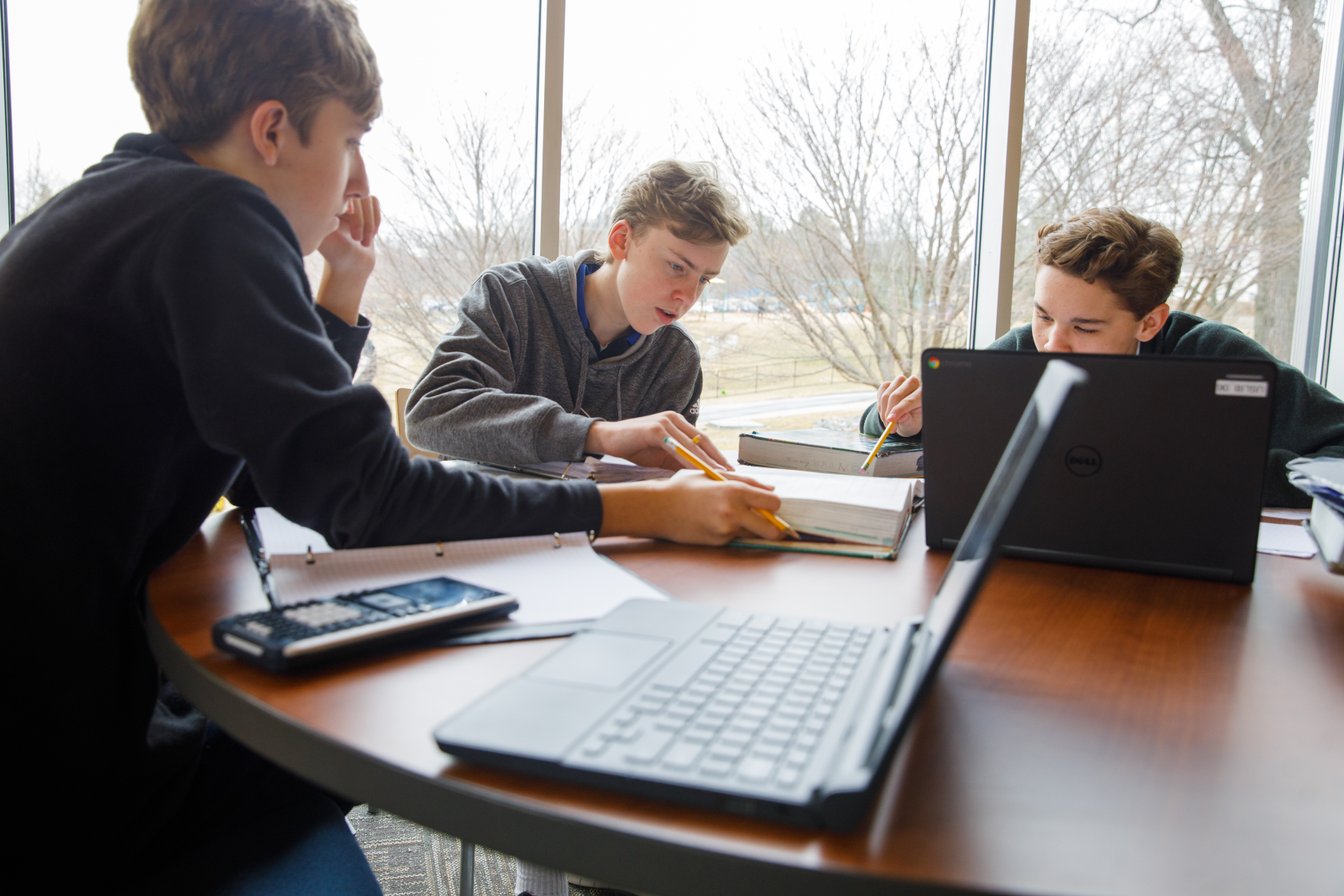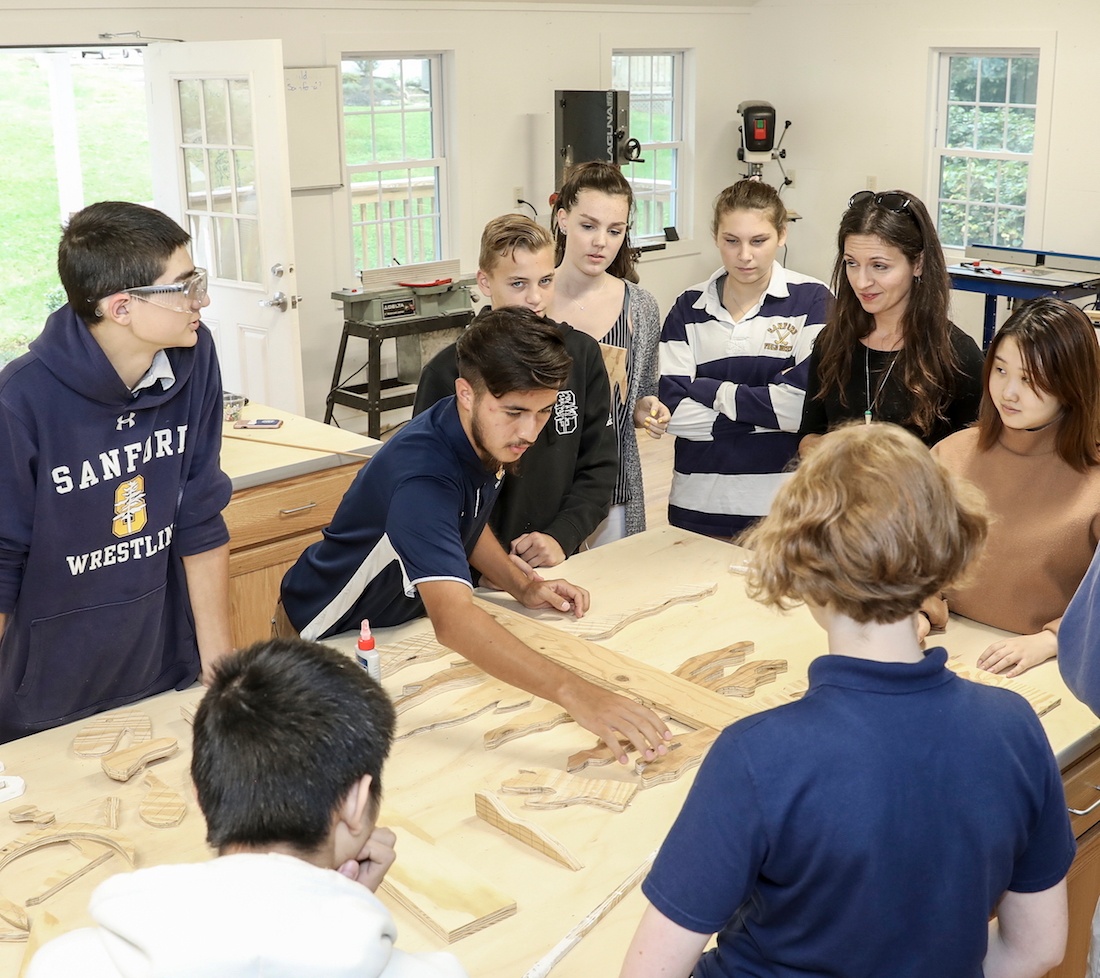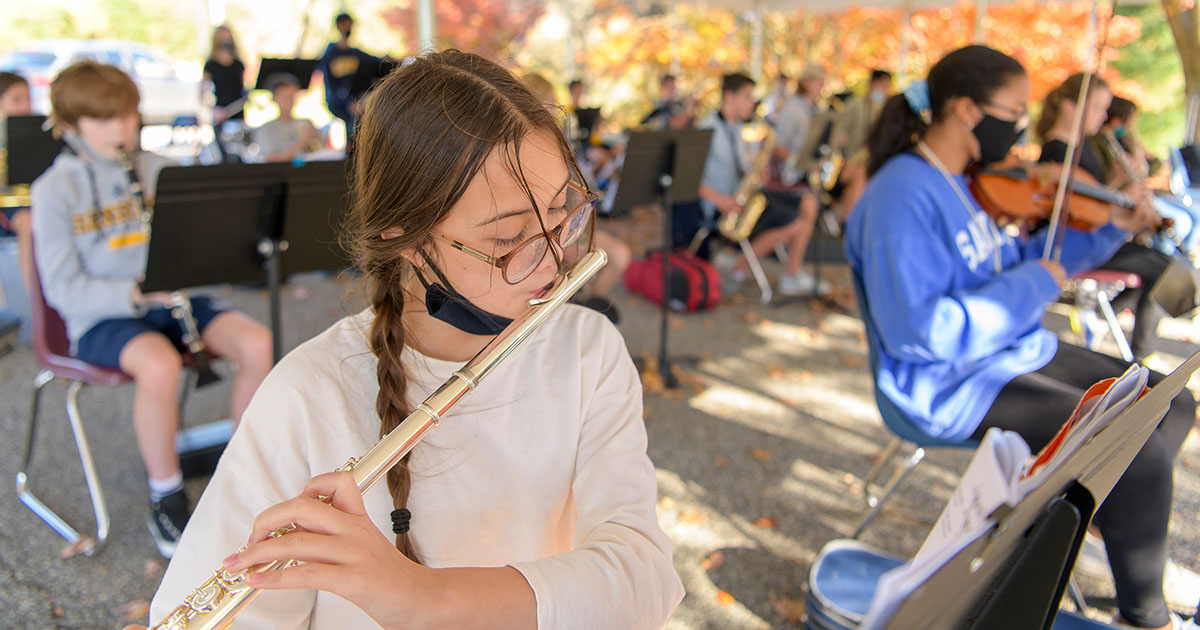Lab sheets, calculations, essays, debates; so much of what students accomplish during their school day exists on the mental plane. All of these exercises, and their affiliate subjects, are crucial in molding a child’s critical thinking and quantitative reasoning skills. These are undeniably valuable when considering the scope of one’s academic career, but how often are students able to appreciate all that they are accomplishing? For developing students, the constant mental focus used to excel can be draining. Pair that with the fact that more and more students are trading in their free time for screen time, and suddenly you have an environment where mental fatigue and burnout thrive.
Patience, Focus, and Fulfillment: Why We Work with Our Hands
Give the Gift of Reading
What better gift than to give a child the gift of meeting new people and experiencing new places? Even better, there is no assembly required! Books are an investment in a child’s academic future and can be enjoyed over and over again.
Topics: Education, Academics, Parenting Tips
Strategies for Maintaining Strong Student-Teacher Relationships
Lifelines, resources, motivators, and inspirations, teachers act as the students’guides through the exciting, sometimes frustrating, but always challenging
How do students maintain strong relationships with their teachers?
The College Application Process:Writing College Essays
Writing college essays is a daunting task for most high school seniors and the cause of much friction between students and their parents in the middle of the college application process. Parents want to see applications completed and submitted well before admissions deadlines while students find thousands of ways to avoid writing their essays. Writing about oneself is never an easy task, but it is especially challenging for teenagers who are just beginning the process of self-reflection that insightful writing requires. These young writers are often apprehensive about putting pen to paper because they believe that their words, which will be evaluated by unknown admissions officers, will determine their college choices and their success in life.
Topics: Education, College Guidance, Academics
Experiential, International Learning
Sanford Travel Through Photos
Topics: Education, Health & Wellness, Parenting Tips
Beyond Word Problems: Making Sense of Math
The study of mathematics involves the balance of procedural skill, fluency, conceptual understanding, and application. Engaging students to make sense of math, rather than teaching them to memorize concepts, helps create mathematical thinkers. An important key to understanding mathematical concepts is a problem-solving approach in the classroom.
The way students read, write, and access information has changed rapidly in our growing digital world. To meet the needs of 21st-Century learning, the role of the librarian is changing and libraries are transforming to better meet the needs of students. They are converting into flexible learning spaces to encourage the gathering and sharing of knowledge. Librarians continue to inspire a passion for learning and are also incorporating teaching strategies for students to navigate the digital world. Librarians encourage students’ learning in the following ways.
Building Creative Minds In The Woodworking Shop
Did you know that swinging a hammer in a woodworking shop has a wide range of benefits for students? Woodworking provides the ability to identify a problem, brainstorm the possible solutions, and test your ideas. These skills lend themselves to all aspects of life, both inside the classroom and out. Woodworking classes have recently regained popularity because they build essential life lessons along with reinforcing math, science, and problem-solving skills. In fact, a study from Purdue University showed students benefited from participating in hands-on engineering projects. A woodworking program benefits students in the following ways:
Choosing the Right Performing Arts Program For Your Child
Take a mental walk through a school music building. Listen to the stroke of a guitar, the rich harmonies from singing voices, and the dancing feet of preschoolers. Perhaps you can hear them all in succession as you walk down the hallway? A robust performing arts department welcomes a mixture of activities, a symphony of varying sounds, and a buzz of productive energy. Each and every student’s individual artistic journey can and should be supported by a performing arts program. As a music teacher in a department of which I am very proud, I hear students discussing their experiences in the performing arts, as well as prospective families trying to figure out the best place for their child. It is time to clarify some misconceptions and equip families with the right questions to ask.
Topics: Education, Parenting Tips, Arts

